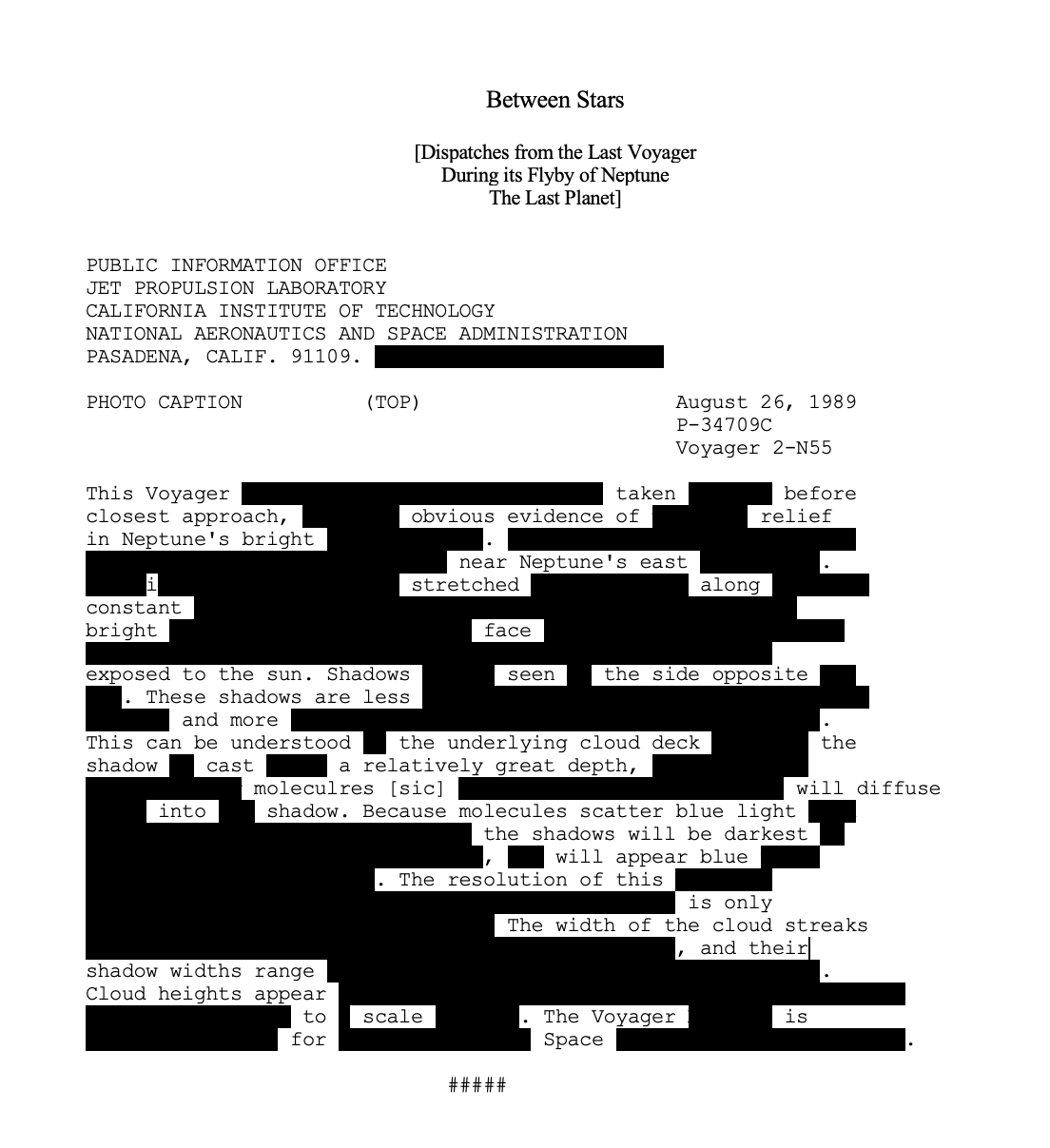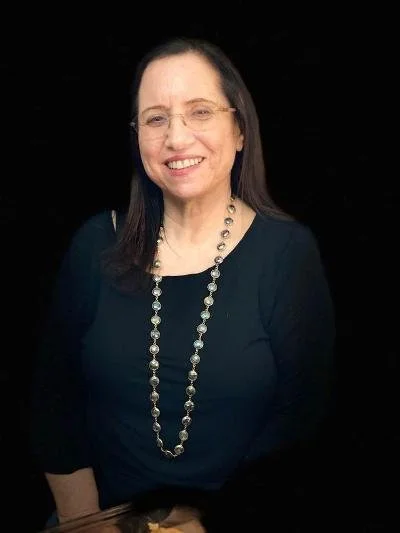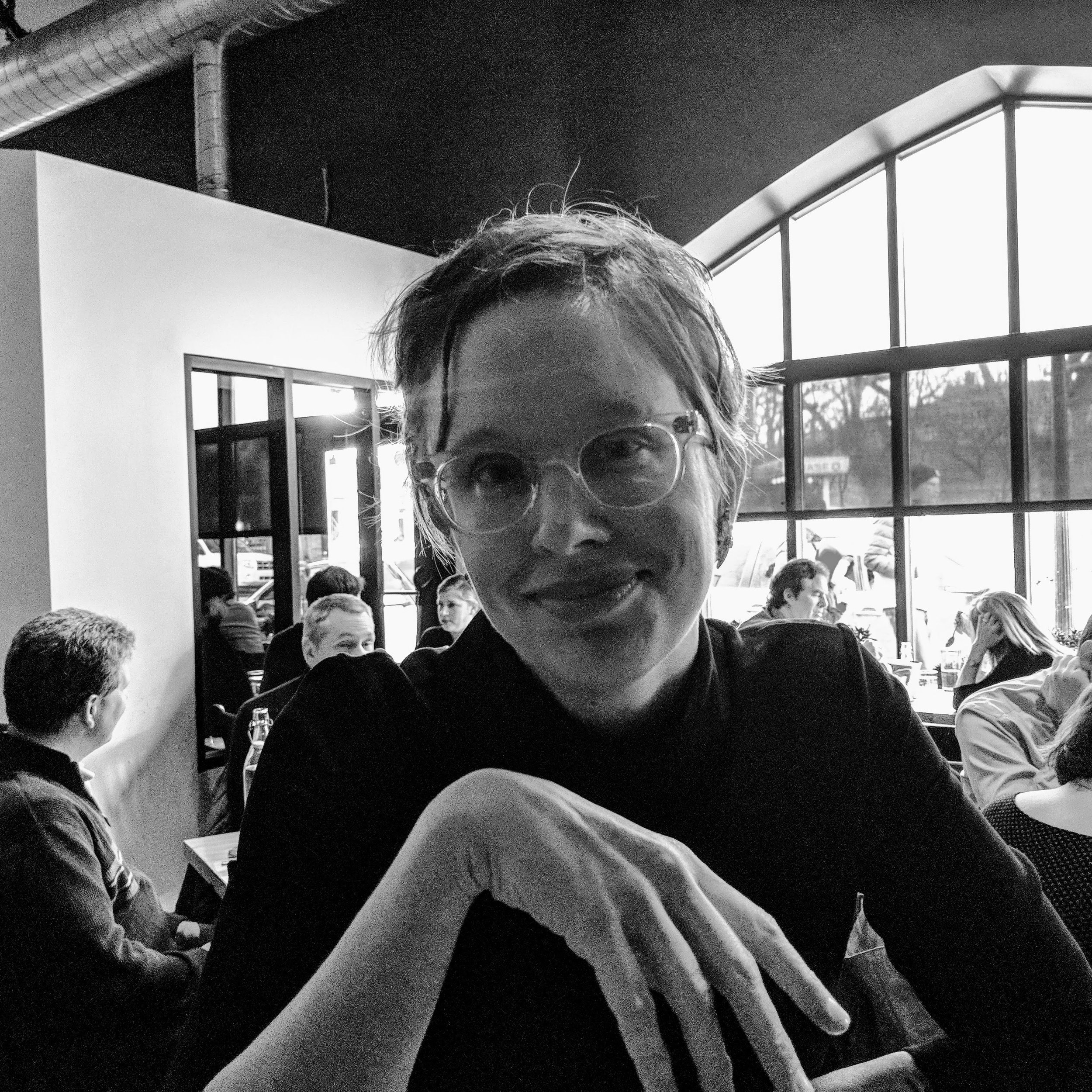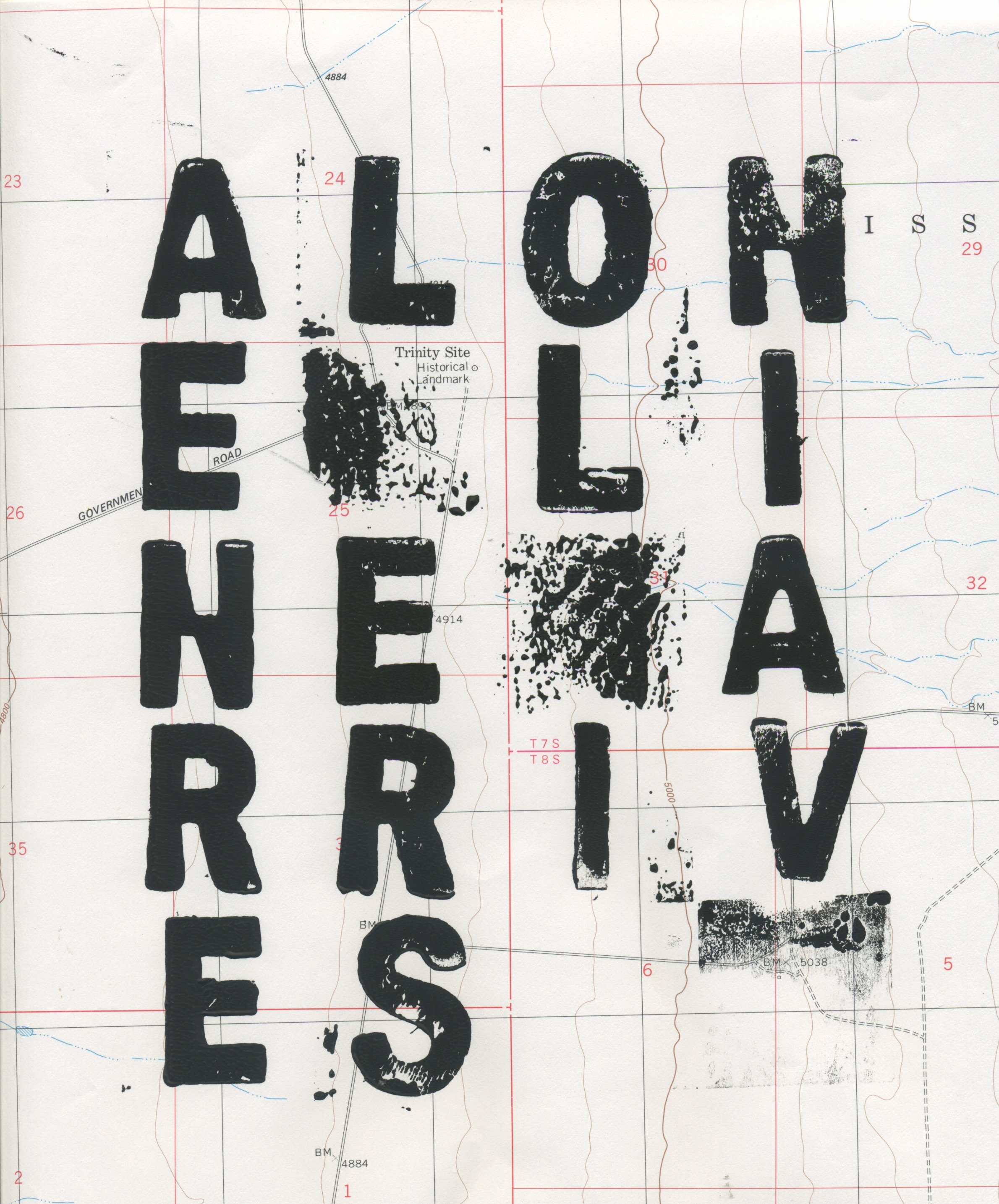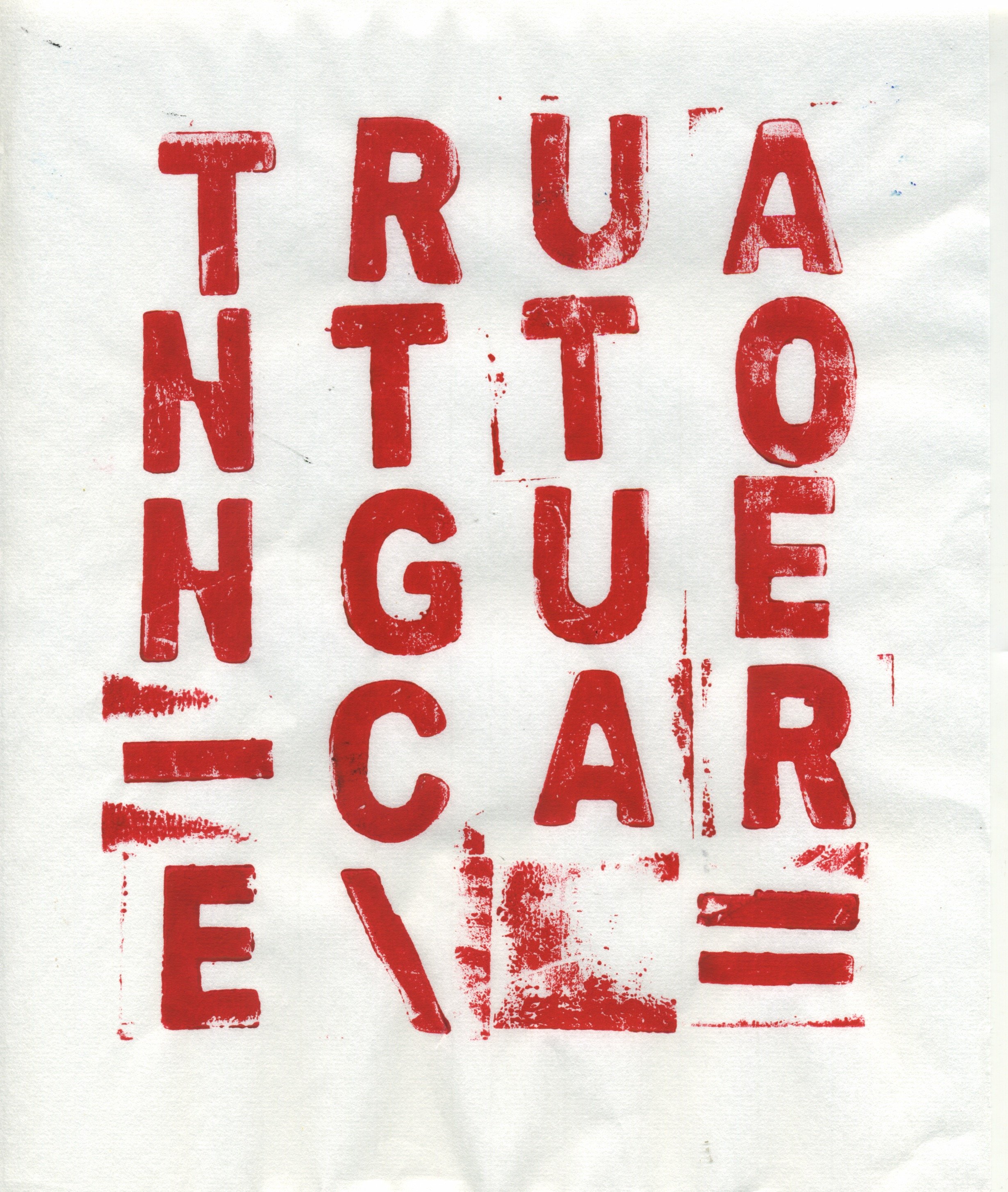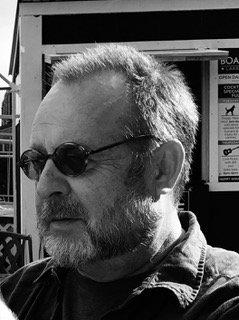John Popielaski
They are born in a brush pile before the spring’s full bloom.
Their embryonic digits grasp. They pull
each blind and hairless fraction of a gram, each portion
of audacity, across the mother to the pouch seam.
Each crawls in, a jostled grain. Each claims a nipple, curls
and fuses, dreams and purrs.
Their mother teaches patience, silence, placement.
Sounds and smells that tense their mother
enter them and leave deep marks. The babies cling more
tightly during tensions. They take refuge in her skin.
Contact matters more than anything.
Day by day, their mother tells the story
of the touched and untouched. She tells it
when she leaves the brush pile in the dark,
her babies fastened in her pouch. She tells it
when she picks up peanuts scattered by a fragrance
on an unlit patio. She tells it
in the budding woods when the coyote scent is strong
and when the flora and mycelia are songs. She tells it
by the river and the river trash. She tells it
in the strawberry fields and pastureland. And in between
these places, as her babies cling, she tells
the story of the land that least forgives, where dead lie
everywhere and are ground down, where light bears down
at unreal speed and all that can be done is to be stunned.
One night, her babies’ eyes still weeks away
from opening, she climbs a brownstone monument and perches
on the brownstone kepi of a brownstone Union soldier.
Across the road the soldier overlooks, a house
from settlement times is dark inside. Fine bugs
and moths exhaust themselves beneath a low-glare streetlight.
She rises on her hind legs like a fur hat come to life.
Her babies, tucked away, do not see
what she sees. They do, however, feel the undertow
of the road below. They feel the river’s undertow
beyond the field behind the house. They hear
the cables and the wires in the earth and overhead. They hear
the pipeline water underground. They smell
the stew of sewage, smell shed particles of tires, unending butts
of cigarettes, smell leaks and spills, emissions, infinite particulates.
She lies down for a while, forelegs resting
on the kepi’s bill. Her babies press against her, touched
by her alone. She tells each one the story only opossums know.
When she is done, she rises on her hind legs once again.
The spirits of the short-lived and resourceful come.
The whiskers of the spirits who lived through
the southern exodus transmit. The spirits of the margins
and humility see signs that the indifferent
and disintegrated will not rule forever. By tradition
and example, the transmissions counsel,
leave a path for those who will come after.
